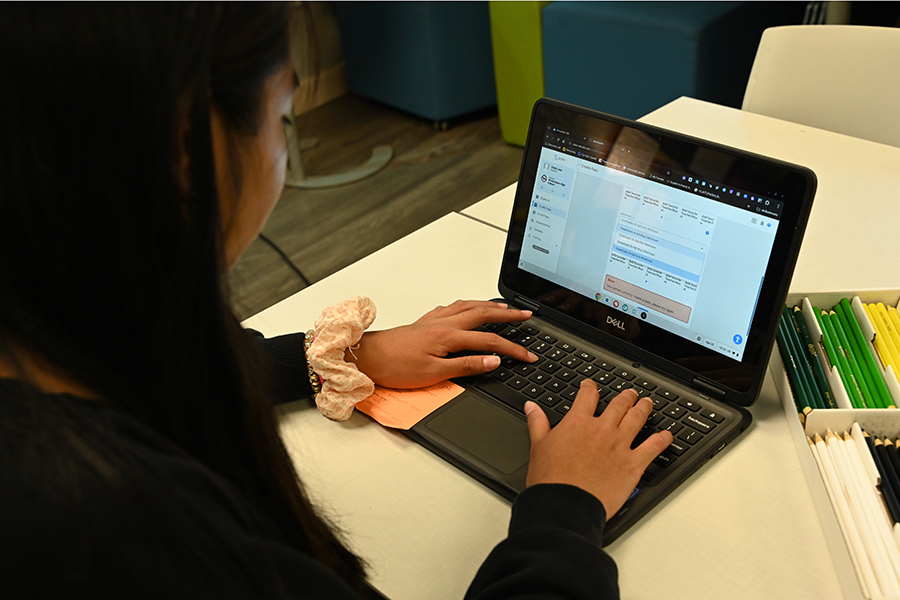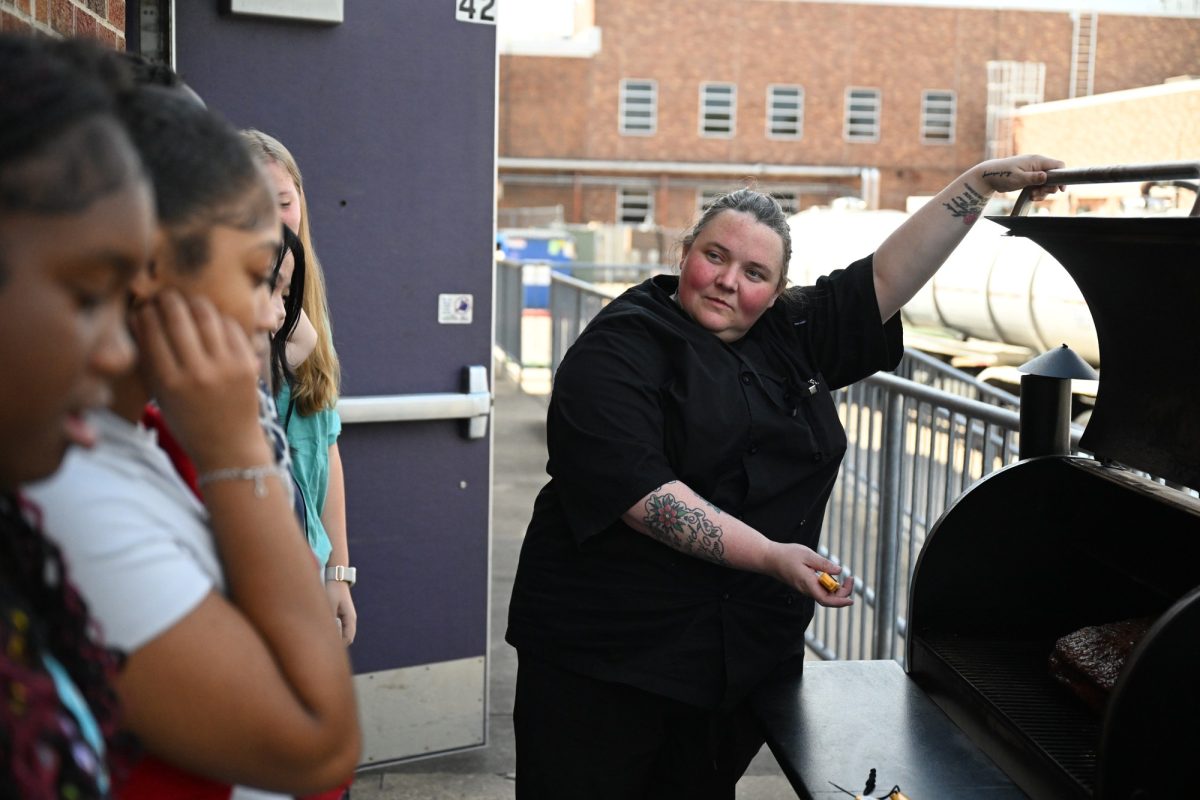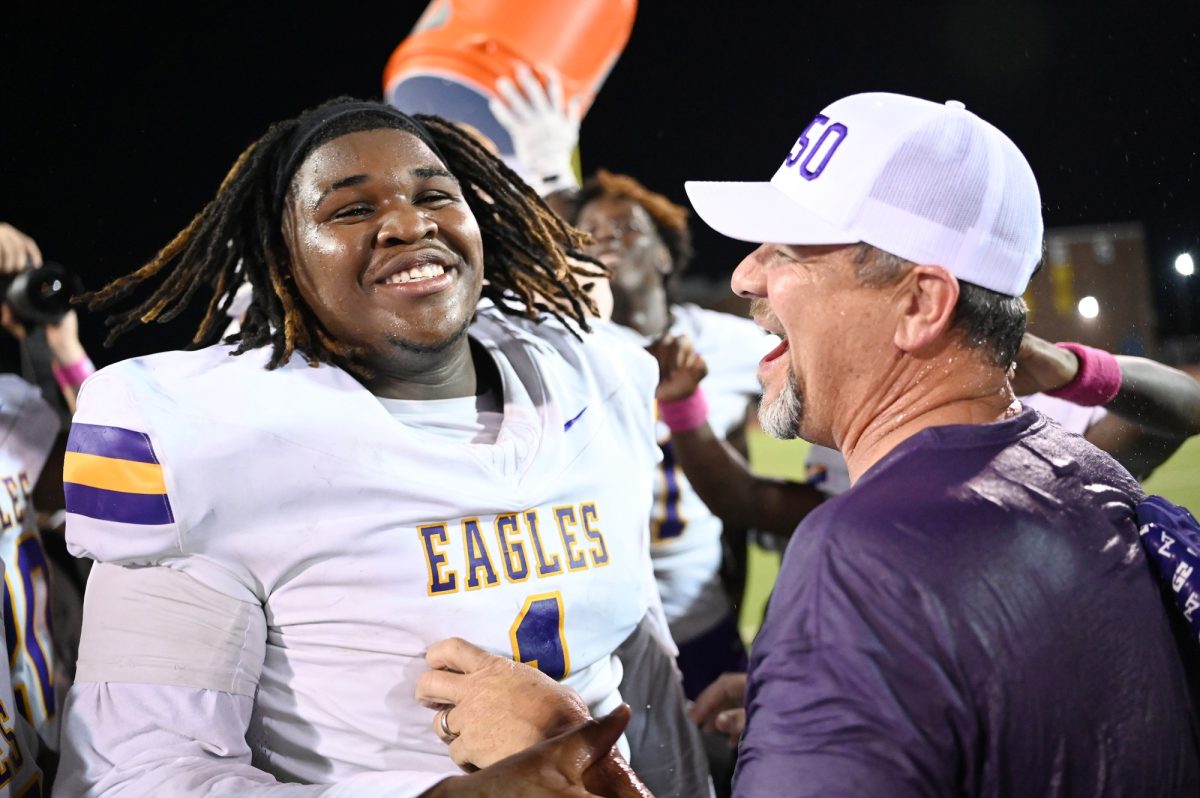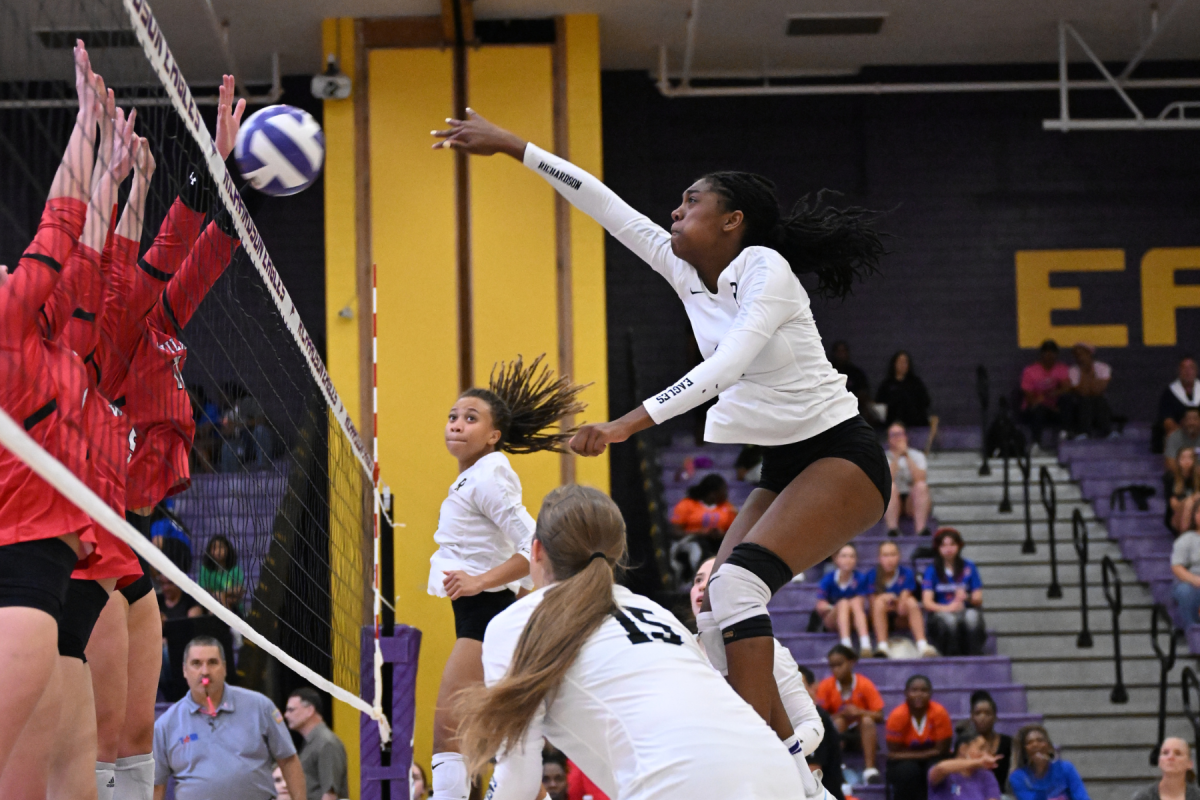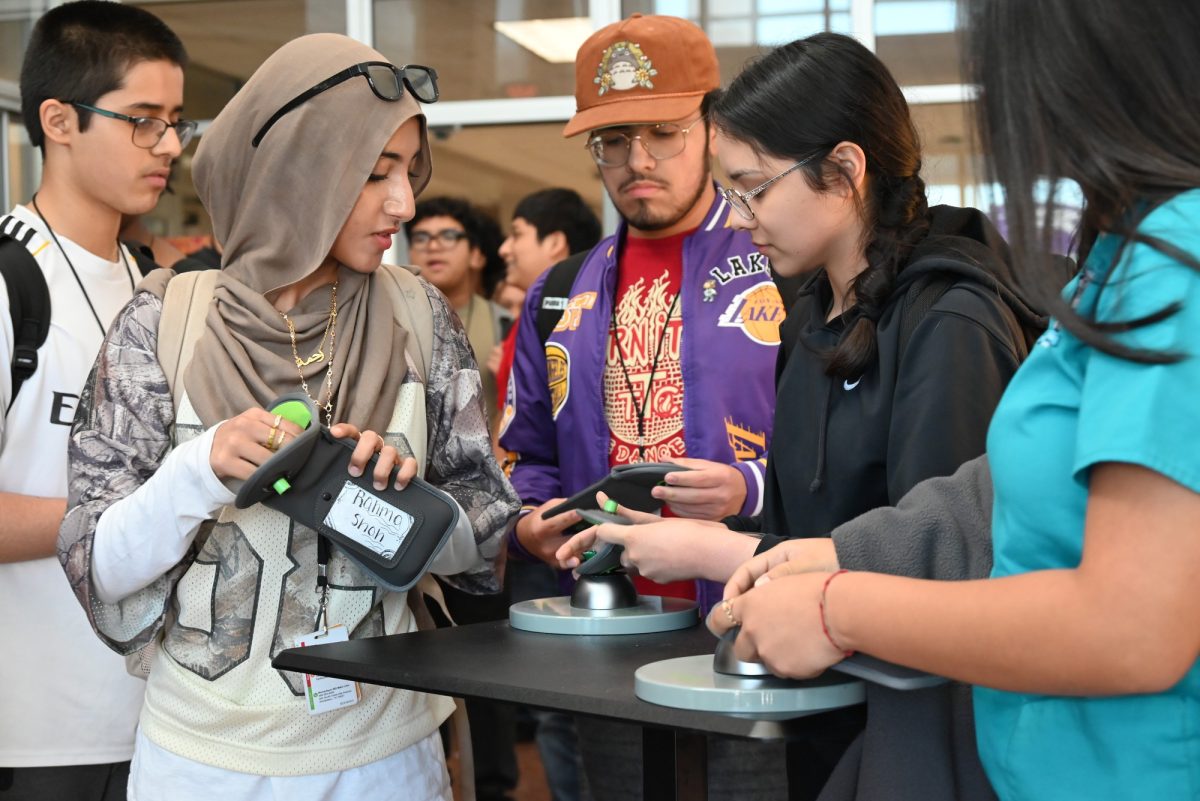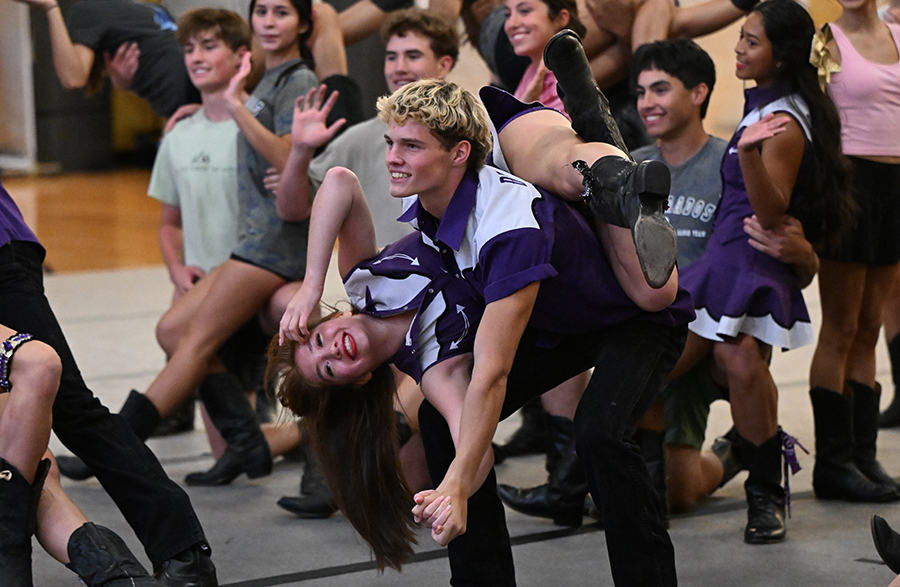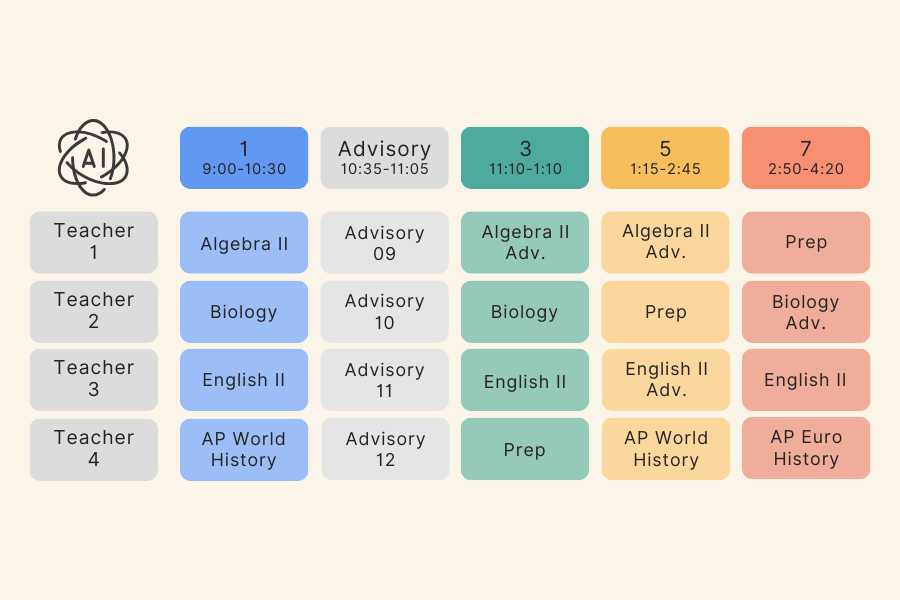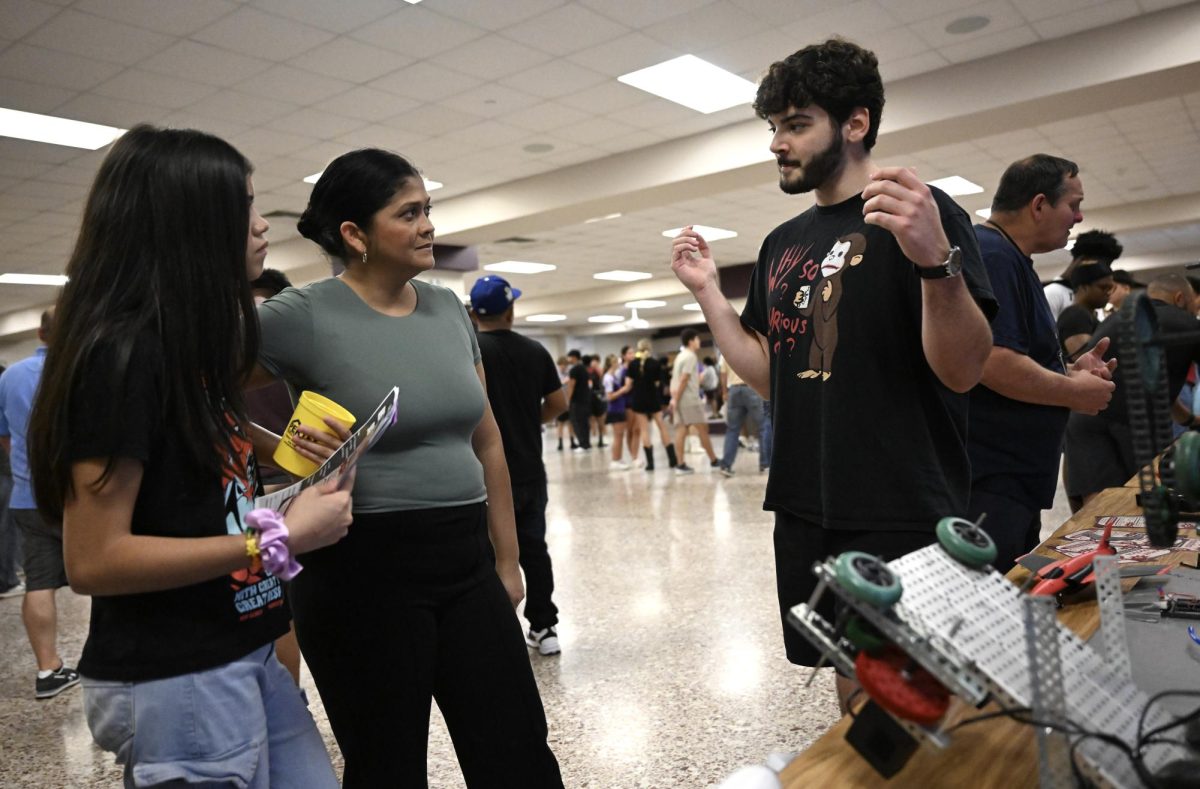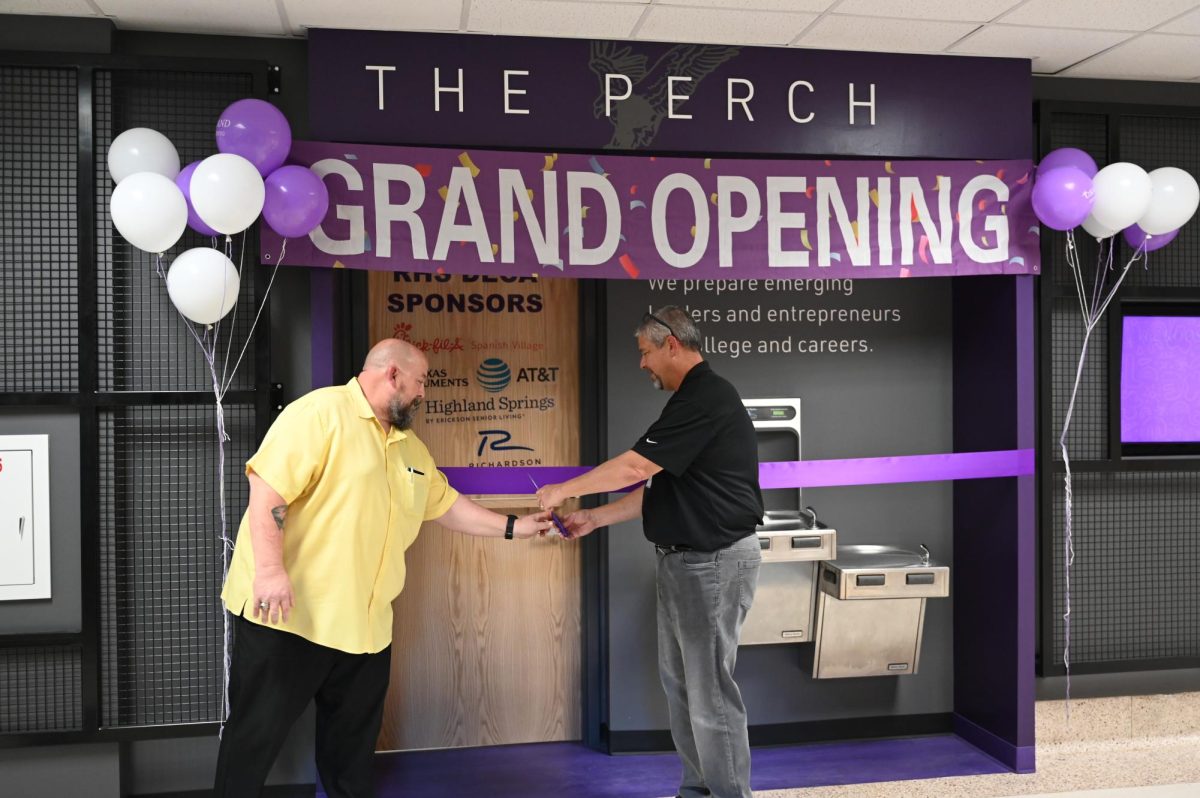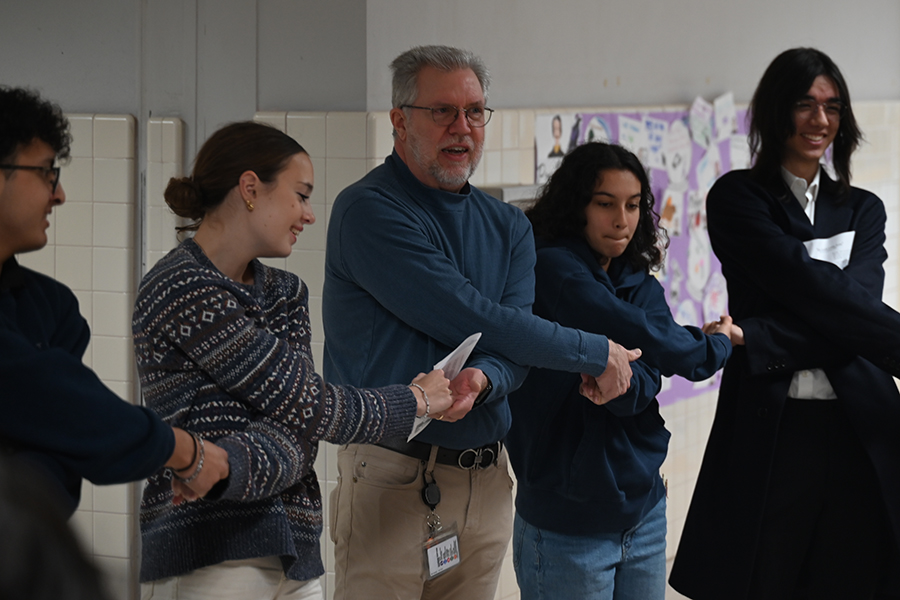Over the past few years, administrators have grown concerned about how long students spend outside the classroom. They have tracked the number of students in the hallways and the loss of instructional time. Principal Chris Choat said too much learning time is being lost.
“The whole purpose behind this system is to maximize learning time while still allowing students to take care of their personal needs,” Choat said.
The decision to implement Securly Pass came after Assistant Principal Al Gallo and Instructional coach Amanda Brantley after a visit to Lake Highlands Junior High. They observed positive results there and believed a similar approach might help RHS. The school began testing the program in February.
The free trial version is currently being used for restroom breaks and short in-school errands, with teachers initiating digital passes through their devices. The pass logs each student’s name, destination, and duration of the trip. If a student stays out longer than 10 minutes, an alert is automatically sent to administrators.
“We’ve had students out of class for 15 minutes or more,” Choat said. “When that happens, it raises safety concerns and disrupts instruction.”
Currently, there are no official consequences for staying out too long. Instead, Choat said the system is being used more as a tool for conversation.
“We’re not looking to punish students, we’re trying to build better habits,” Choat said.
The system also has advanced features for tracking activities like tutoring and special events, but Choat said the school has opted to keep things simple for now.
“We didn’t want to overload teachers,” Choat said. “So we focused only on basic hall passes to start.”
The response from students has been mixed. Sophomore Saamia Mazhar said while the system is supposed to help, it feels unnecessary and frustrating.
“If you really have to go [to the bathroom] and the system says too many people are already out, you just have to wait,” Mazhar said.
Junior Leonardo Wvalle said he sees value in the system, especially when it comes to cutting down on unnecessary wandering.
“There are definitely fewer people just roaming the halls now,” Wvalle said. “I used to see kids walking around for half the period.”
Not all students are convinced it’s the best solution. Junior Rodrigo Cruz said the process can slow things down unnecessarily. He thinks most of the time students that need to go to the bathroom just come right back, however now they have to wait for the teacher to approve a bathroom pass.
“It feels like it’s making a simple thing more complicated,” Cruz said.
Mazhar said the system is too controlling and worries about students being monitored too closely.
“Sometimes students just need a break to reset, and this makes it harder,” Mazhar said.
Mazhar did say the new system encourages students to use their time more responsibly.
“With this system, you can’t just sneak off or disappear for 20 minutes,” Mazhar said. “It’s holding people accountable, and that’s not a bad thing.”
The school plans to collect feedback from students and teachers at the end of the semester through a survey. That input will help determine whether Securly Pass becomes a permanent part of campus life next school year.
“If we get negative feedback across the board, we’ll have to take a hard look at it,” Choat said. “But so far, the halls are quieter and students are spending more time in class, and that’s a win in our book.”

